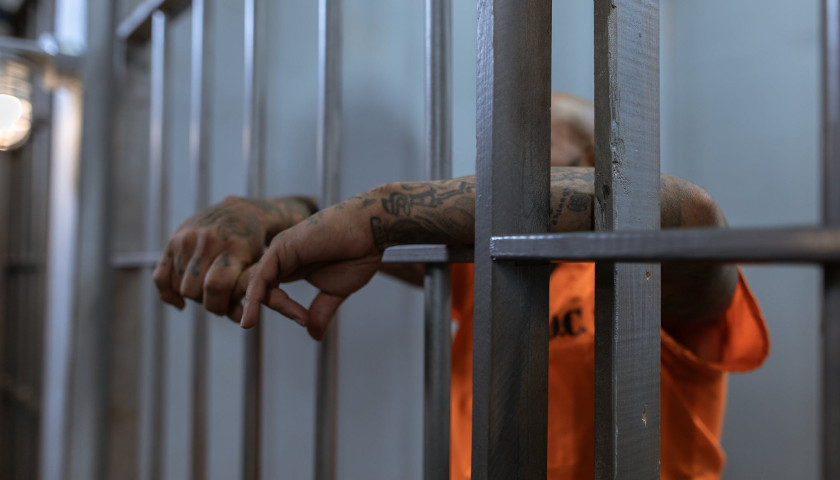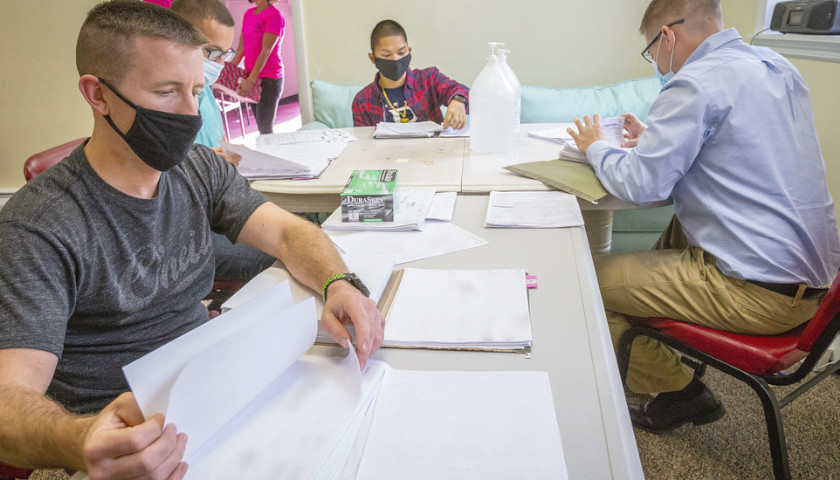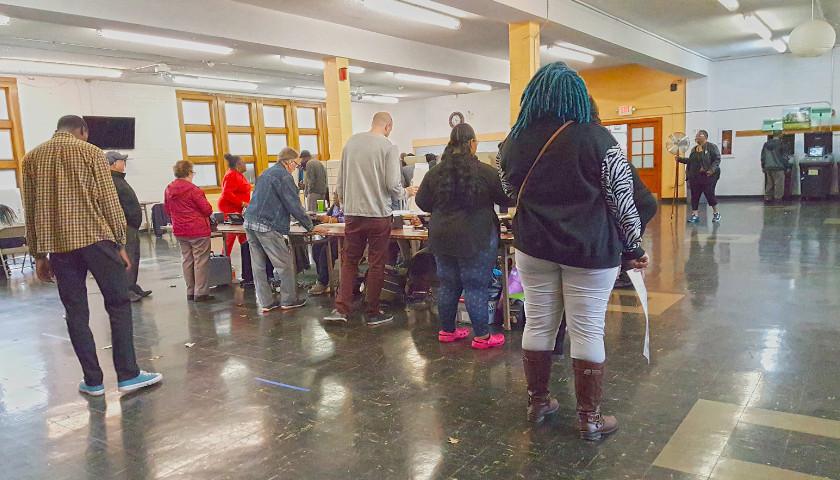The Arizona House of Representatives passed a sentencing reform bill on Monday, but since a Senate Judiciary Committee Chair failed to bring a similar bill up for a vote in the Senate earlier this year, it’s not clear whether it will make it very far through the Senate. SB 1064 would relax sentencing laws, which are some of the strictest in the nation. According to a 2018 report by the ACLU, the state has the fourth highest incarceration rate. Inmates are currently required to serve 85% of their sentences, but the bill would reduce that to as little as one third of their sentences. Inmates who complete self-improvement programs such as substance abuse treatment and maintain good behavior while in prison can receive time off their sentences.
Arizona criminal defense attorney David A. Black calls the legislation “the most comprehensive sentencing reform measure in the state in the last 25 years.”
The bill received overwhelming bipartisan support in the House, with legislators voting 50-8 in favor. The previous version of the bill, HB 2173, didn’t get very far in the Senate, since Senate Judiciary Committee Chairman Warren Petersen (R-Gilbert) declined to hear the legislation in his committee. The sponsor of the bill, Rep. Walt Blackman (R-Snowflake), decided to get around Petersen with the new legislation by using a strike-everything amendment. He amended a bill that had already passed out of the Senate, so it can go straight to the Senate floor for a vote. However, it is up to Sen. President Karen Fann (R-Prescott) to bring it up for a vote. There is little time left, since the legislative session will likely end this week, according to the AZ Mirror.
The two bills — SB 1064 and HB 2173 — are substantially similar. The only difference is the new bill will not apply retroactively to nonviolent offenders, with the exception of drug offenders. Inmates who committed drug crimes prior to the date the law goes into effect will be eligible.
Blackman has been working on the legislation for three years, the AZ Mirror reports. He added an amendment in the House which expands the list of offenses that would make inmates ineligible to receive additional earned release credits. In addition to various serious and violent crimes already excluded, the amendment added certain sex crimes, human trafficking and crimes against children. It also requires the Department Corrections, Rehabilitation and Reentry to expand the programs offered to inmates.
Rep. John Kavanagh (R-Fountain Hills), who voted against the bill, told the House Appropriations Committee he was concerned that it would reduce sentences so much that inmates convicted of similar offenses would have grossly disparate sentences.
Maricopa County Attorney Alistair Adel, a Republican, testified in support of the bill. She said it was a “sensible and meaningful sentencing reform” that keeps the promises made to crime victims. She did not take a position on the previous version of the bill.
If the legislation passes the Senate, it will go to Governor Doug Ducey for his signature. On March 24, Ducey signed three criminal justice reform bills sponsored by Blackman into law. One gives prosecutors and judges more flexibility to ensure that first time offenders don’t receive sentences that are disproportionately high. A second law limits state agencies from withholding various occupational licenses from people convicted of drug offenses, and a third creates a database to track what data each criminal government agency stores.
Ducey signed additional criminal justice reform legislation in early April, which extends Arizona’s Prison Transition Program until July 1, 2030 and expands eligibility. The program provides inmates with transition services in the community for up to 90 days by partnering with private or nonprofit providers.
– – –
Rachel Alexander is the State House reporter at The Arizona Sun Times and The Star News Network. Follow Rachel on Twitter. Email tips to [email protected].





